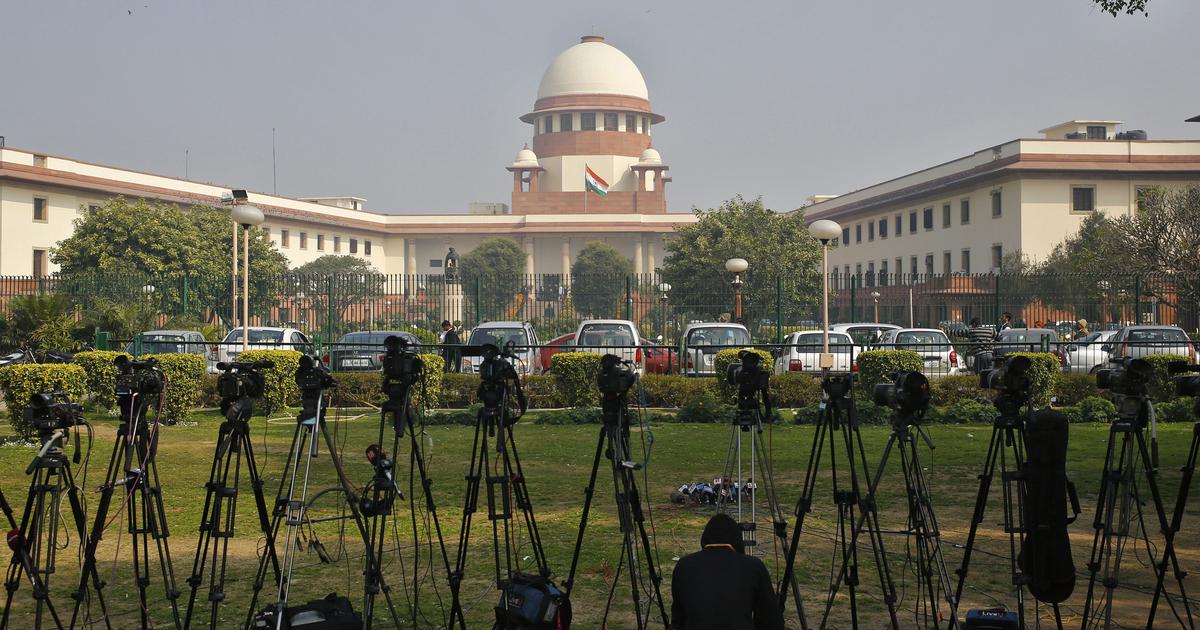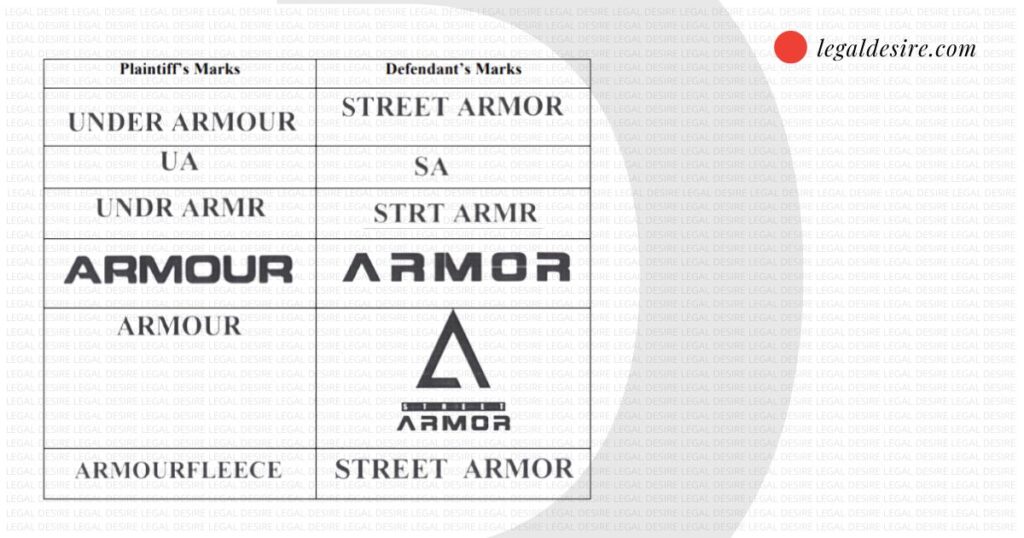Now Reading: SC: Death sentence should only be imposed in ‘rarest of the rare’ cases where the option of life imprisonment becomes unquestionably foreclosed
-
01
SC: Death sentence should only be imposed in ‘rarest of the rare’ cases where the option of life imprisonment becomes unquestionably foreclosed

SC: Death sentence should only be imposed in ‘rarest of the rare’ cases where the option of life imprisonment becomes unquestionably foreclosed
The Apex Court on 18.0.2019, in Nand Kishore v State of Madhya Pradesh [1], allowed the appeal in part while modifying the death sentence to life imprisonment for a term of twenty-five years. The aforesaid criminal appeal had been made before the High court of Madhya Pradesh at Jabalpur, wherein the appellant had been convicted for various offences prescribed under the Sections of 302, 363, 366 and 376(2)(i) of the Indian Penal Code (IPC), along with a death confirmation while dismissing the appeal.
FACTS:
The appellant being 50 years of age had been convicted to have committed rape of a minor girl while he was attending a ‘Mela’ along with her brother. A complaint was made by the father of the deceased regarding her missing as a result of investigation it came to the knowledge of the police that a dog had been found who was supposedly carrying a child’s leg in its mouth, along with a body without a head was discovered, wherein the intestine had come out, followed by several injuries being inflicted upon the body.
Following up the investigation process, wherein the appellant had recorded his statement while the clothes that had been stained with blood and weapons had been recovered from the appellant’s house. Subsequently, the offence committed by the appellant was categorized amongst the ‘rarest of rare’ cases by the Trial Court while imposing a sentence of death. The appellant had been convicted and sentenced for various offences punishable under Sections 363, 366, 376(2)(i) of the IPC. A reference was made to the High Court for confirming the death sentence imposed upon the appellant which was affirmed by the High Court while dismissing the Appellant’s appeal.
ISSUE: Whether the offences committed by the Appellant falls under the category of the ‘rarest of the rare cases’?
DECISION HELD BY THE SUPREME COURT OF INDIA:
When the matter was brought before the Apex Court, the Court while allowing the appeal in part along with the conviction confirmation, modified the sentence of death to a term of twenty-five years of life imprisonment and devoid of remission benefit. With prior consideration being given to the age, economic background and that it has nowhere been proved that appellant cannot reform himself, the Court concluded that case was not qualified enough to be put under the category of the ‘rarest of the rare’ cases.
[1] https://www.sci.gov.in/supremecourt/2013/25325/25325_2013_Judgement_18-Jan-2019.pdf








